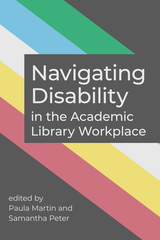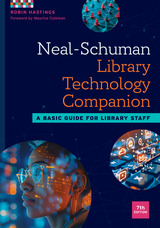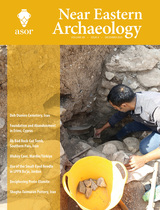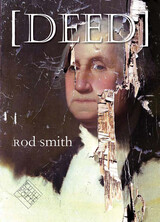
A deed is a governmental conveyance, a power asserted by the written, for, as William Carlos Williams wrote to Robert Creeley: “the government can never be more than the government of the words.” The question of ownership, of the words with which we define ourselves and each other, and of whose and what claims are legitimate is much at issue in Rod Smith’s Deed, a lyric, ambitious, rebellious work thoroughly grounded in the New American tradition of poets such as John Ashbery, Allen Ginsberg, and Charles Olson.
At the entrance to this collection stands an abode in the form of a long poem, “The Good House,” a comfortable, at times soothingly humorous place that is also a site of conflict. In “The Spider Poems,” the mythic spider, the maker of the alphabet, is a ?gure of fun and revelation. The third section of the book presents a series of shorter poems chosen for their stylistic variety. Deed ends with a nod to two masters, as Smith turns Jack Spicer’s “Homage to Creeley” into a double homage with “Homage to Homage to Creeley.” The gesture of choosing what one brings into one’s house, what one decides to love, closes the book.
Deed is about making as bequeathing, as celebration, and as impatience for the true democracy that is always yet to arrive. There is still joy inside and out, and by giving usDeed Rod Smith has captured that joy. In so doing he tells us where we as a people, a politik, and a poetic are going.
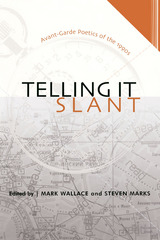
The finest essays from the newest generation of critics and poet-critics are gathered together in this volume documenting the growth in readership and awareness of avant-garde poetries.
This collection demonstrates the breadth and openness of the field of avant-garde poetry by introducing a wide range of work in poetics, theory, and criticism from emerging writers. Examining the directions innovative poetry has taken since the emergence and success of the Language movement, the essays discuss new forms and the reorientation of older forms of poetry in order to embody present and ongoing involvements. The essays center around four themes: the relation between poetics and contemporary cultural issues; new directions for avant-garde practices; in-depth explorations of current poets and their predecessors; and innovative approaches to the essay form or individual poetics.
Diverging from the traditional, linear argumentative style of academic criticism, many of the essays in this collection instead find critical forms more subtly related to poetry. Viewed as a whole, the essays return to a number of shared issues, namely poetic form and the production of present-day poetry. While focusing on North American poetry, the collection does reference the larger world of contemporary poetics, including potential biases and omissions based on race and ethnicity.
This is cutting-edge criticism at its finest, essential reading for students and scholars of avant-garde poetry, of interest to anyone interested in contemporary American literature and poetry.
READERS
Browse our collection.
PUBLISHERS
See BiblioVault's publisher services.
STUDENT SERVICES
Files for college accessibility offices.
UChicago Accessibility Resources
home | accessibility | search | about | contact us
BiblioVault ® 2001 - 2025
The University of Chicago Press



